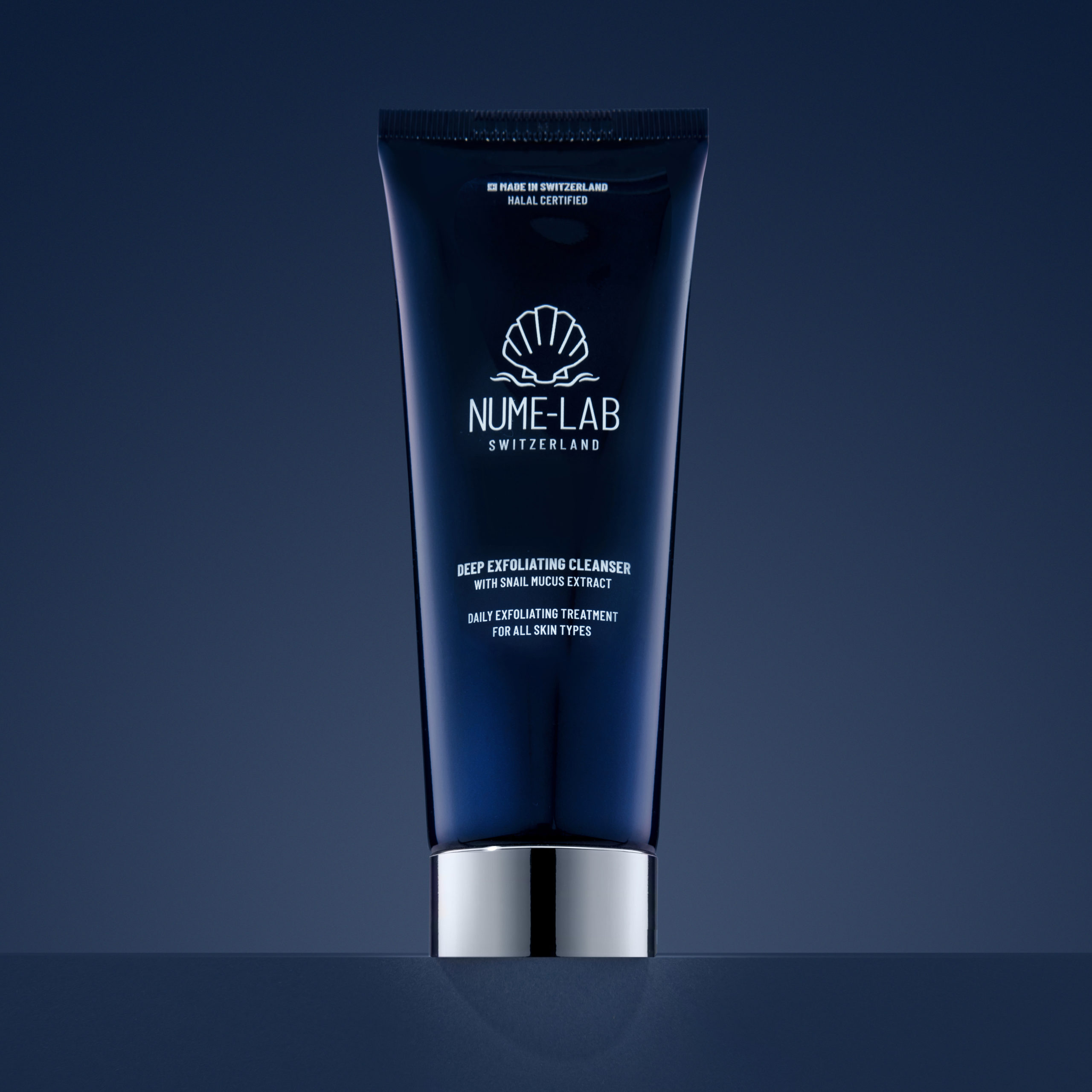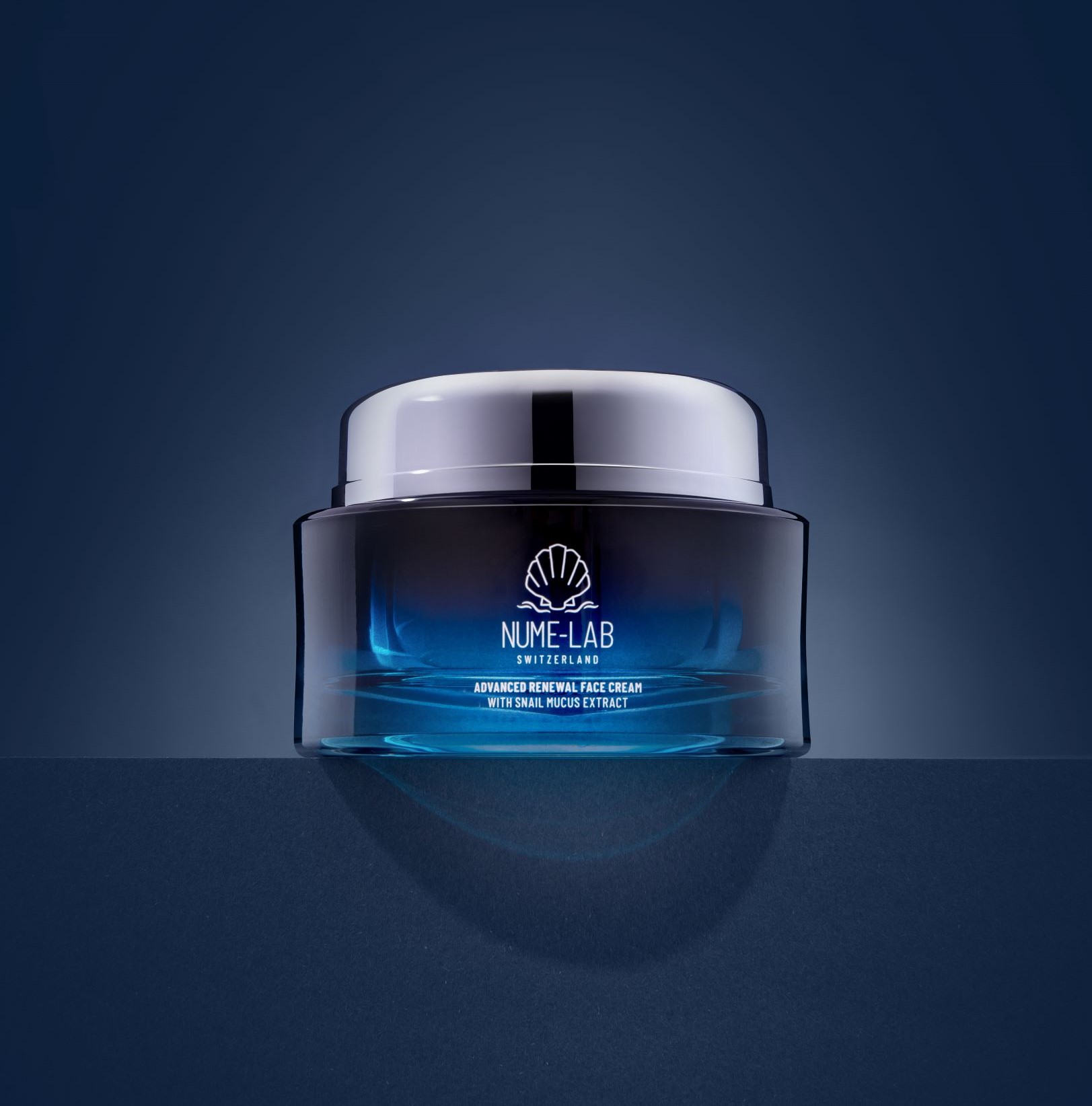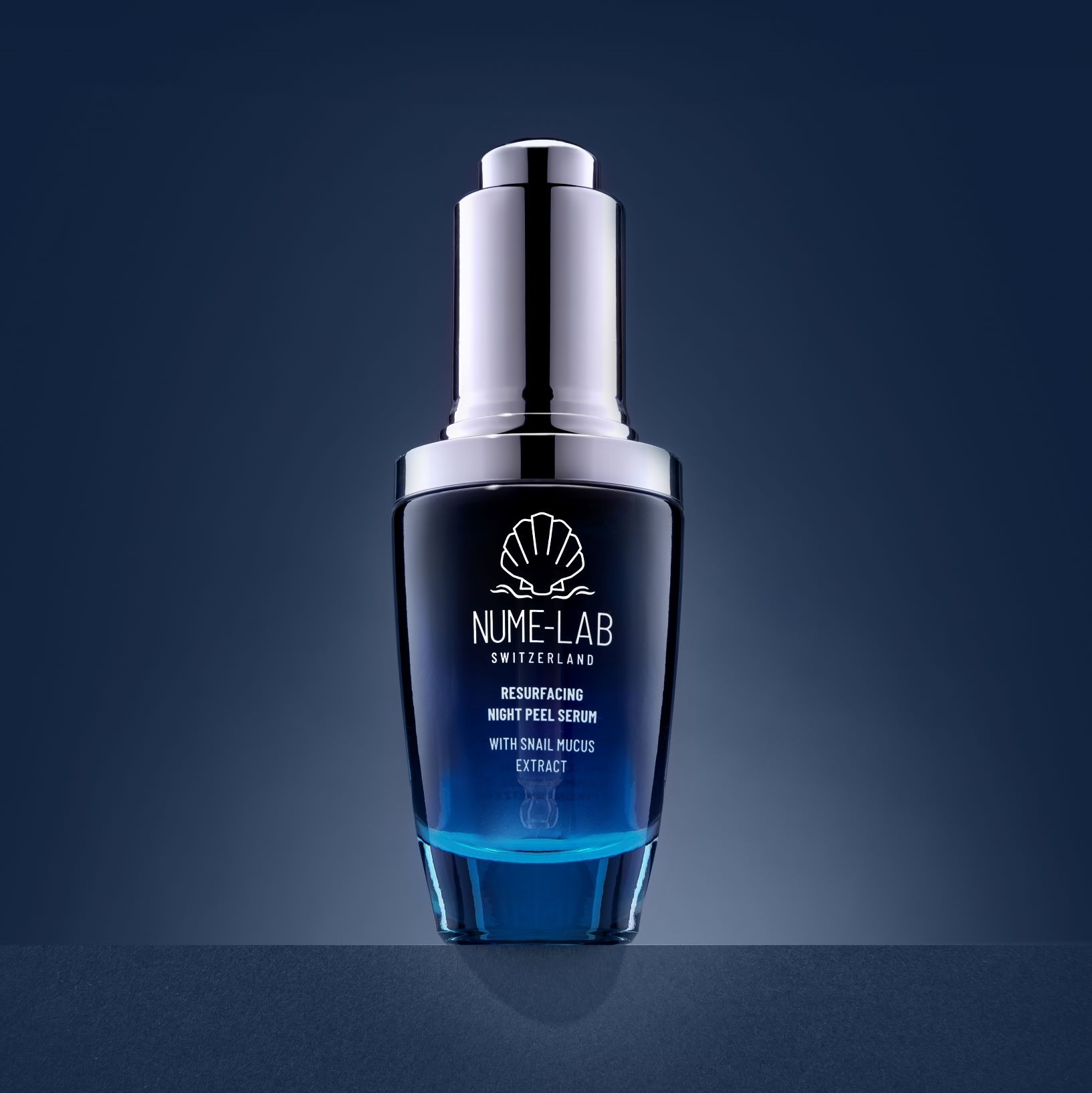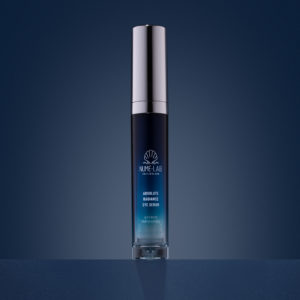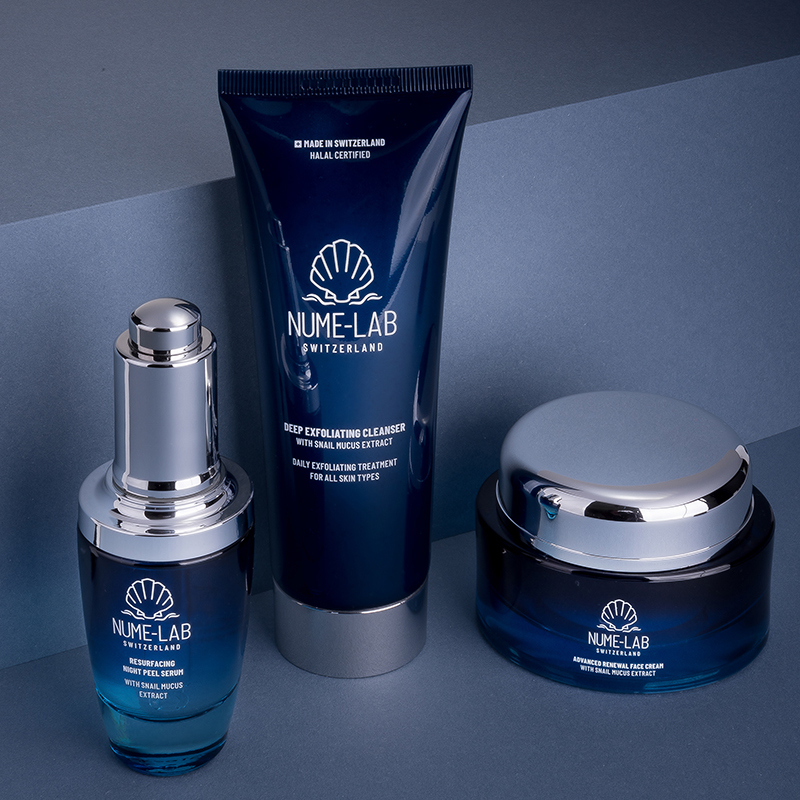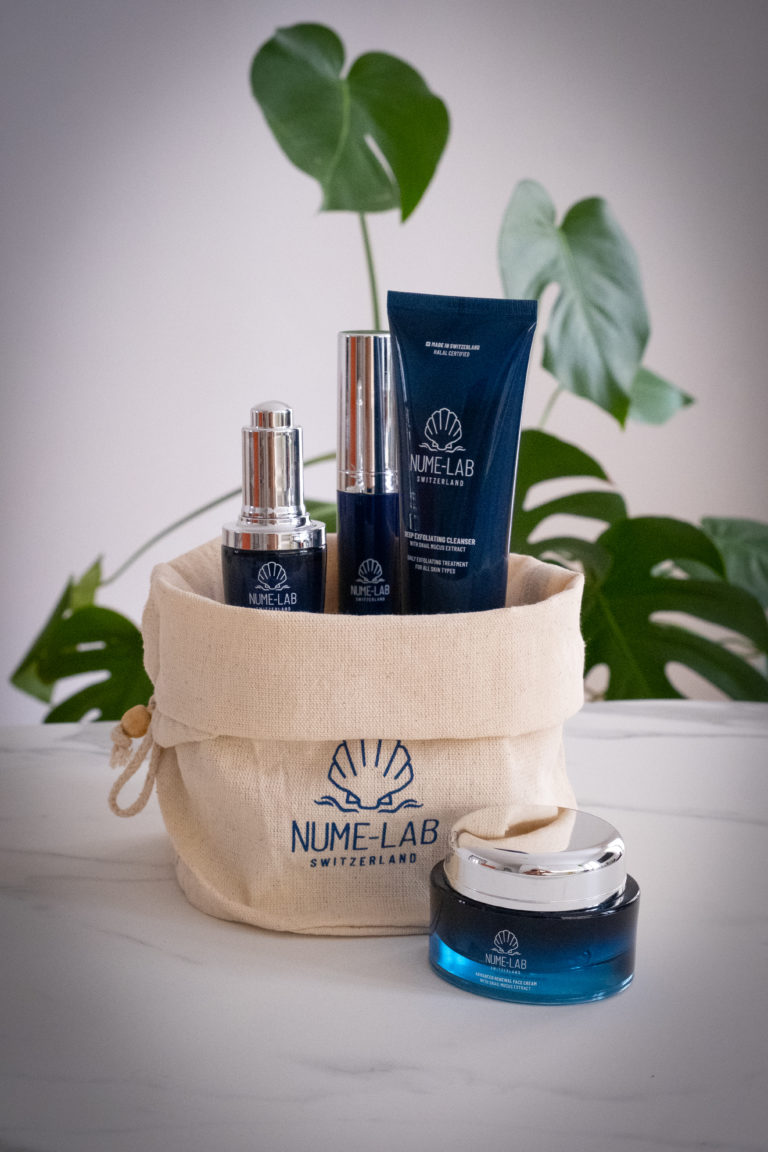Skincare Ingredients Glossary by NUME-Lab Switzerland
Your A-Z guide of beauty skincare ingredients. Here you can learn what the ingredient does, how it works, its benefits and side effects.
Allantoin as a skincare ingredient, it is used for its moisturizing, soothing, and skin healing powers. This active acts as a gentle exfoliator, but it’s non-irritative and suitable for all skin types – even sensitive skin. All in all, allantoin is well-known for its ability to improve our skin texture and make it smoother. Due to its skin calming properties, it is added as an ingredient in many sunburn lotions, moisturizers, or facial cleansers.
Read More about Allantoin
Aloe Vera, this vitamin-rich plant is a powerhouse of skincare ingredients like vitamins C, A, E, and B12, enzymes, polysaccharides, and more.
Aloe vera (aka Aloe barbadensis) is a traditional medicinal succulent used for its health and especially skincare benefits since ancient times. Aloe is naturally rich in Vitamin A, C, E, B12, antioxidants, phytosterols, polysaccharides, folic acid, etc. In fact, aloe has 75 active ingredients – all contributing to its soothing, wound-healing, moisturizing, and anti-inflammatory properties.
Read More about Aloe Vera
Betaine in skincare, it plays a huge role in skin moisturizing and soothing. Even the most sensitive skin reacts well to this ingredient. It holds water and moisture so well that it’s a crucial ingredient in many hydrating shampoos.
All skin types can use betaine, but it will show the most benefit in:
- Dry skin
- Aging skin with wrinkles and fine lines
- Irritated or red skin
- Acne-prone skin
- Sensitive skin
Read More about Betaine
Elastin and collagen are the two main skin proteins or building blocks that ensure your skin stays firm and elastic. Aging skin can benefit from using skincare products with naturally occurring elastin in ingredients, but do you know where to find it?
Read More about Elastin
Glycolic Acid is that one magical all-in-one solution for your skincare problems – from acne to aging skin and dark spots – this AHA can do it all!
It is an alpha-hydroxy acid with the lowest molecular weight out of all AHAs, so it can penetrate your skin easier. This Acid acts as a chemical peel and dissolves the “glue” holding dead cells together.
Read More about Glycolic Acid
Hyaluronic Acid, or HA, is a sugar molecule that occurs naturally in our bodies, mainly in the skin but also in our eyes and connective tissues. Its primary role is to keep everything moisturized – from our eyes and joints to our skin.
Hyaluronic acid has become “the fountain of youth” in skincare.
Read More about Hyaluronic Acid
Niacinamide (aka nicotinamide) is a water-soluble form of vitamin B3. And, for those of you with skin too sensitive for vitamin C or retinol, niacinamide could hold all the answers.
It is treating
- Dark spots or hyperpigmentation
- Aging skin
- Acne-prone skin
- Sensitive skin
- Rosacea or eczema
- Dry skin
Read More about Niacinamide
Snail Mucin Extract for skin health has been used long throughout history. Its skin healing and regenerative properties were well known to ancient Greeks and Romans.
Snail Mucin is widely used in skincare due to its healing, moisturizing, regenerative, brightening, anti-acne, and anti-aging properties.
Its compounds make it a powerful natural active ingredient in skincare, the skincare holy grail. Snail mucus is naturally rich in Allantoin, Glycolic acid, proteins, peptides, and antioxidants – all components that are beneficial to your skin. It is perfect for acne-prone-skin, read about it here.
Read More about Snail Mucin Extract
VItamin A known for its over-the-counter name of retinol or retinoids, can be a solid addition to any clean beauty skincare routine. Retinoids are the most commonly used form of vitamin A for skin.
A good moisturizer containing retinoids can speed up your skin cell turnover and boost collagen and elastin, contributing to its anti-aging properties and ability to fade dark spots.
Additionally, being an anti-inflammatory, it can help acne-prone skin heal faster.
Read More about Vitamin A
Known for its antioxidative and skin brightening benefits, vitamin C (aka ascorbic acid) is one of the most popular skincare ingredients out there – and with a good reason.
This powerful ingredient is a whiz among skincare ingredients, being less harsh than AHAs, BHAs, or retinol and yet full of properties such as anti-aging, collagen-boosting, and fading dark spots.
Read More about Vitamin C
Vitamin E is a skincare ingredient that has antioxidative and moisturizing powers when applied topically. There are eight different types of this vitamin, but α-tocopherol is the most commonly used ingredient in skincare products.
Being a potent antioxidant, it can help heal acne scars, wounds, and skin burns. Especially suitable for dry skin, this active has superior moisturizing properties, and it helps restore your skin’s lipid barrier. And finally, it’s a known photoprotective ingredient, diminishing the impact of UV rays on the skin. As such, it’s beneficial for aging skin or skin with hyperpigmentation.
Read More about Vitamin E
White Truffle is like the diamond of skincare routine ingredients.
Being super-charged with Vitamin C, B12, B3, B6, and essential fatty acids, white truffles are often called best “skin superfood.”
White truffles contain an enzyme called “Superoxide Dismutase” (or SOD), a powerful fighting agent against aging, free radicals, and everything that comes as a result. Aside from SOD, white truffles also contain vitamin C, D, vitamins B3, B6, B12, essential fatty acids, ceramides, and more.
Read More about White Truffle



